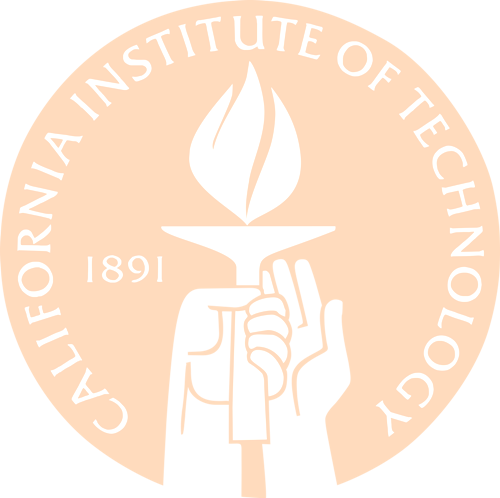Home
People
Project Details
Protocols
Completed Systems
Notebook
Biosafety
Human Impact
References
Support
|
Monday 7/5
Note: Today was another Institute Holiday.
Tuesday 7/6
- Hydrolyzed linseed oil. The reaction solution will be characterized on Wednesday.
Wednesday 7/7
- Attempted to make V1012 (strain CP919, KanR, envZ deficient) electrocompetent:
- Centrifuged overnight 3mL LB-Kan culture at 4°C, 16000rcf for 10min.
- Discarded supernatant. Resuspended pellet in 1.5mL ice-cold water. Centrifuged again.
- Repeated with 0.75mL ice-cold water.
- Resuspended pellet in 1.5mL ice-cold 10% glycerol.
- Flash-froze 100μL aliquots in dry ice/ethanol.
- Transformed light/lysis ligation product from last week into V1012 via electroporation. (Voltage: 2.5V; time constant: 4.5)
- Plated 100μL on LB-Tet agar plate & inoculated a 5mL LB-Tet overnight culture.
- Inoculated 5mL LB-Kan culture of purely V1012 in case we need to retry the competence procedure.
- Tested pigment production of cells containing K274100 in various solutions.
- Tested solutions of LB, LB without yeast extract added, 80% glycerol, 100% glycerol, and glycerol with different concentrations of agar.
- Since the brick is under an arabinose-inducible promoter, two versions of each solution were made - one containing arabinose, and one without arabinose.
- Pigment production was subjectively measured every hour for five hours. It seemed like there wasn't going to be much pigment produced so the solutions were left overnight in the shaker.
- Obtain the absorbance of hydrolyzed linseed oil using ethanol as blank. The peak shifts toward larger wavelength comparing to pure linseed oil.
- Test the absorbance of .25wt% agar in glycerol, .5wt% agar in glycerol and water at 632nm. .25 wt% agar gives the lowest absorbance value.
Thursday 7/8
- The V1012 transformation appears to have worked - the plate is covered in 1000+ colonies.
- Made freezer stock from parallel liquid culture.
- Miniprepped the DNA and prepared a sample for sequencing.
- Started LB liquid culture of M30109 for assembly tomorrow, along with cultures of J04450 to perform a quick lysis test (in preparation for testing the lysis construct).
- Prepared 2YT and SOB media in preparation for making electrocompetent DH5α cells tomorrow. Also prepared all glassware and other supplies.
- Completed schematics for our printing process, including a detailed gene network diagram. We will begin assembly of the 3D genetic constructs tomorrow.
- Results of the pigment test with K274100: None of the cells seemed to have created the red pigment we were looking for.
- It seems likely that that all the cells died.
- Did not have a visible pellet of cells in the glycerol and agar solutions after centrifugation. The solutions were probably too viscous.
Friday 7/9
- Digested bricks according to NEB BioBrick assembly kit protocol.
- Began ligation reactions
- Transformed ligation products into DH5alpha cells.
- Created liquid cultures
- Background reaction using AIBN
- Test both lysed and unlysed cell
- Solvent: .1 ml .5 wt % agar in glycerol
- Amount of AIBN: 3 wt % with respect to the cell pellet.
- Reaction is run under theater light for 3 hrs.
- The unlysed cell appears to be lysed at the end of 3 hrs.
Weekend 7/10-11
- Made minipreps of B0015 and K124017
- Transformation results: Transformations failed.
- There could be a problem with the antibiotic used or there could also be an issue with the digestions and/or ligations.
- Background reaction using AIBN with more controls
- After 3 hrs of reaction, transfer a small sample from each reaction into separate 5 ml of LB solutions and leave the solution in the shaker overnight.
- The sample from the reaction with 3wt% AIBN, glycerol, and cells containing K274004 biobrick produces a slightly cloudy solution with large amount of dark green pigments precipitated at the bottom, which is similar to the sample taken from a lysed solution.

|
 "
"
